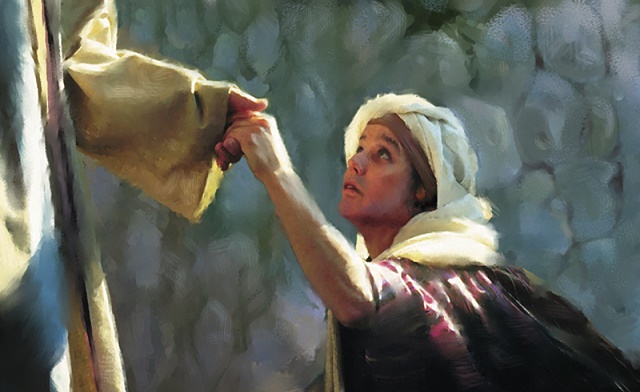Catholic morale: the effects of freedom and Catholic choices in life

Living a life immersed in the Beatitudes requires a life lived in true freedom. Furthermore, living the Beatitudes leads to that true freedom. It is a sort of cyclical action in our life. True freedom opens us to the Beatitudes and the Beatitudes fill us with greater freedom to discover and live them.
After all, what does it mean to be free? Too often we associate "freedom" with "free will". We think we are free when we do what we want, whenever we want, because we want. Many cultures today have a strong focus on human freedom and human rights. But this attention so easily leads to a false sense of what freedom really is.
So what is freedom? True freedom is not the ability to do what we want; rather, it is the ability to do what we should. True freedom is found in the conscious choice to do the will of God and, embracing that will, to live in accordance with our dignity.
It is true that God gave us free will. We have a mind to know the truth and a will to love the good. We are therefore endowed with the ability to know and make our moral choices, unlike even the tallest animals. These skills are sacred gifts that go to the heart of who we are. The mind and they will distinguish us from all creation. But this point must be very clear: it is only in the correct exercise of our intellect and free will that we achieve authentic human freedom. And the reverse is also true. When we embrace sin with our free will, we become slaves to sin and our dignity is severely compromised.
When faced with making a moral decision, many factors come into play in determining the morality of our choice. The Catechism identifies five factors that can increase or decrease the guilt we have for what we do: 1) ignorance; 2) Coercion; 3) Fear; 4) psychological factors; 5) Social factors. Each of these factors can potentially confuse us, thus hindering our ability to act properly.
For example, imagine a situation where someone acts immorally because of some influence over them beyond his control. Perhaps they are full of such fear that they react from that fear and act contrary to the moral law. Fear can easily confuse and mislead a person, leading to bad moral choices. Or take, for example, the person who has never had the benefit of having clearly explained the will of God. Instead, throughout their lives they have been raised in an environment that "preached" a contrary moral value. They were truly ignorant of moral truth and therefore ignored the fact that some of their actions are contrary to the moral law.
In both of these situations, a person can act contrary to God's will. At the same time, however, due to factors beyond their control, they may not be fully responsible for their wrong choices. In the end, God is the only one who knows all the details and will solve it.
If we want to be truly free and if we want to make good choices in life, we must strive to be free from the pressures and temptations that these factors impose on us. In other words, we must strive to be fully aware of the moral decisions before us, to be free from ignorance, fear and coercion and to understand and overcome any psychological or social influence that could cloud our decision-making process.
More will be said on these topics in the next chapters. For now it is only important to understand that sometimes we are not fully responsible for the wrong decisions we make, even if the wrong decision itself maintains its moral character as good or bad. We must be fully aware of the factors involved in our moral decision-making process and therefore choose good over evil. Through our good choices, we experience and increase the true freedom that we are called to possess, and we also grow in the dignity that has been given to us as beloved children of God.